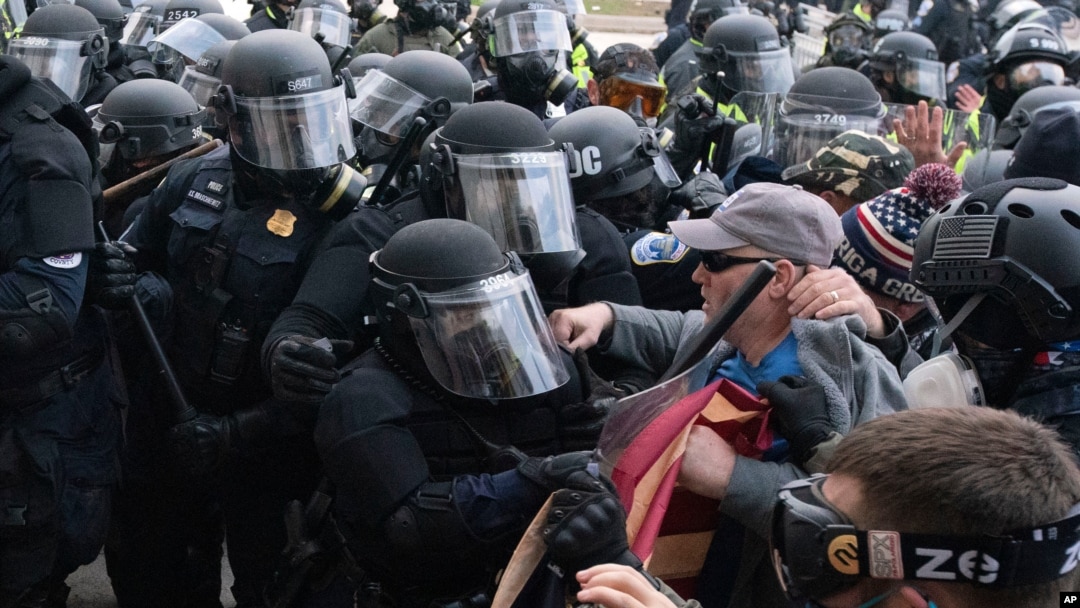President Joe Biden will not invoke executive privilege to shield former President Donald Trump's records in relation to an investigation into the deadly attack on the U.S. Capitol on January 6, White House press secretary Jen Psaki said on Friday.
"The president has already concluded that it would not be appropriate to assert executive privilege," Psaki said. "And so, we will respond promptly to these questions as they arise."
The U.S. House of Representatives Select Committee investigating the deadly January 6 riot at the Capitol has subpoenaed four former members of Donald Trump's administration, including Mark Meadows and Steve Bannon, the panel's chairman said on Thursday.
A mob of Trump supporters stormed the Capitol on January 6 as Congress was meeting to certify Democrat Biden's presidential election victory, delaying that process for several hours as then-Vice President Mike Pence, members of Congress, staff and journalists fled from rioters.
Trump said he would fight the subpoenas "on executive privilege and other grounds."
Executive privilege allows the White House to refuse to comply with demands for records such as congressional subpoenas or Freedom of Information Act requests. The legal principle is rooted in the idea that some privacy should be given to presidential advisers so they can have candid discussions.
A sitting president has in the past used executive privilege to keep records and communications from an earlier administration secret, but it is rare.
With Biden nixing executive privilege, it was widely expected that Trump would file a legal challenge.
Representatives for the former president were not immediately available for comment.





